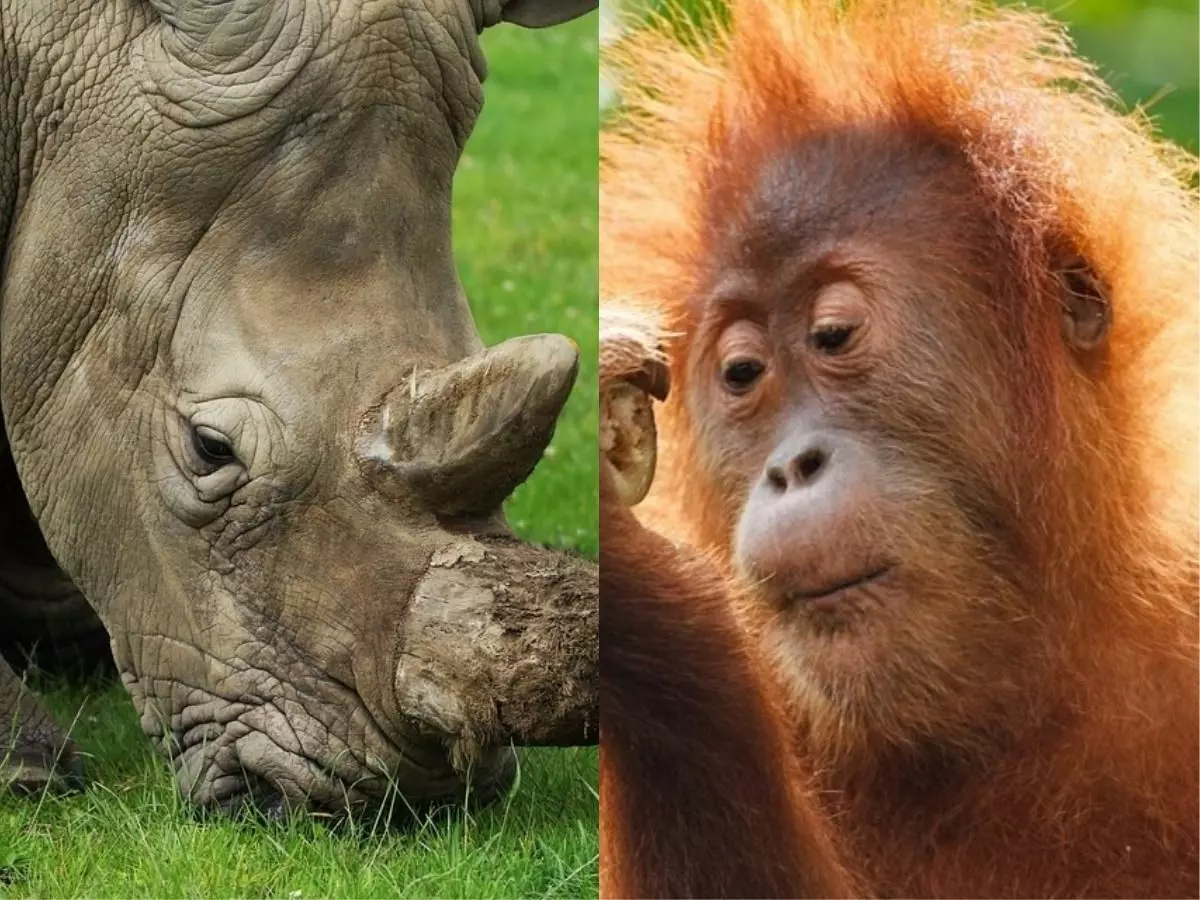A Million Earth Species Risk Extinction Thanks To Human Activity, And We Might Be One Of Them
It¡¯s no secret that the environment is being destroyed piece by piece, and humanity is responsible for it. Between our pollution, overfishing, and logging, we¡¯re destroying natural habitats, and consequently driving millions of species to extinction

It's no secret that the environment is being destroyed piece by piece, and humanity is responsible for it.
Between our pollution, overfishing, and logging, we're destroying natural habitats, and consequently driving millions of species to extinction.

According to a new report by the UN Intergovernmental Science-Policy Platform on Biodiversity and Ecosystem Services (IPBES), a number of different creatures are on the verge of extinction. Robert Watson, who chaired the 132-nation meeting surrounding the report, said that changes caused by decades of deforestation, and pollution of our air, land, and water is "at least as much as climate change".
In fact, one million animal and plant species face imminent extinction, many of them within mere decades.
According to the report, the rate at which animals and plants have been going extinct is tens of hundreds of times faster today that it was ten million years ago. They say Earth could see the first mass-extinction since the dinosaurs died out 66 million years ago.
According to Josef Settele, a professor at the Helmholtz Centre for Environmental Research which participated in the study, humans are not at short-term risk of extinction. In the longer term however, there's no telling how other factors could affect our survival. "If humans do go extinct," he told AFP, "Nature will find its way, it always does."
If we want to change the inevitable though, these scientists say we need to initiate "transformative change". That means changing everything from the way we produce and consume pretty much everything, to finding alternate sources of food and energy.

The two worst factors for extinction are diminished or degraded habitats thanks to deforestation and over hunting for food or trade (usually for illegal sales like that of animal body parts). Meanwhile global warming is a distant third, but fast-moving to the top of the list. Rounding out the top five are pollution, and the introduction of alien species like rats and mosquitoes into habitats.
"We are eroding the very foundations of our economies, livelihoods, food security, health and quality-of-life worldwide," Watson said. "By transformative change, we mean a fundamental, system-wide reorganisation." And that's going to be in the face of massive pushback from vested interests like oil companies, the fishing industry, and more.
